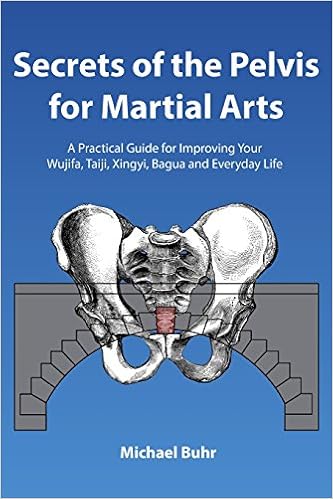What is your purpose for practicing?
Why is this question important? Because whether you are conscious of it or not, your purpose determines how you approach your practice and ultimately your purpose determines the type of skill and level of skill you attain. Let's consider some different purposes for practice.
Pursue a Curiosity
People who learn because they heard about it and want to give it a try. The purpose here is to explore something new for the sake of its novelty; maybe, to add a "I did that" to the list of life's experiences.
Social Interaction
People who learn to be able to interact or connect with others. The purpose here is primarily social interaction with apparently like-minded individuals.
Belonging
People who learn to be part of a group or club or a community; a connection with a particular population.
Cultural Connection
People who learn to be able to understand a facet of the source culture.
Identity
People who learn to shape or find self-esteem or pride in their effort. Achieving the desired level of skill will bring delight in their identity as a student, teacher, or master. The practice becomes like a label; I am a student/teacher/practitioner of ______.
Functional
People who learn because doing so will improve some aspect of their life. For example, practice to improve health.
Career
People who learn because doing so will provide a financial benefit or some type of career opportunity.
Hobby
People who learn just enough and practice at a level that gives them something to do in their spare time.
Passion
People who learn because they have a deep-seated desire to achieve the highest level; their personal best. They want to rise above merely being an expert technician and truly enter the realm of the artist. They do whatever it takes for as long as it takes to master the art.
Unintentional
People who learn because they have no choice. For example, children who either imitate or are taught by their practitioner parent. The child has no purpose to learn but learns anyway.
__________
While each of these has been described as an independent entity, there may be overlap between them. There may be a primary, secondary, tertiary purpose. There may be other purposes not mentioned here.
And your purpose may change over time. For example, in my case I began with a curiosity. I then discovered I enjoyed the social interaction and belonging to a group. I then discovered an identity, and through this, I was introduced to other teachers and groups who practiced at a deeper/higher level. As I gained experience and understanding, I came to discern how my purpose influences my practice; how my unconscious purpose can keep me stuck (not congruent with my verbalized purpose), or spur me on to further development.
My purpose in sharing this insight is to inspire a moment of self-reflection. Can you look at your practice and see yourself having one (or more) of these purposes? Is your stated purpose congruent with your unconscious purpose? Are you being true to yourself and to others? Or are you fooling yourself and others by saying you want to achieve a higher level than you really want?
For an analysis of how purpose fits into a broader philosophy of practice, see my A Functional Understanding of Ti-Yong for Martial Arts and Wujifa .
Happy practicing everyone!


No comments:
Post a Comment